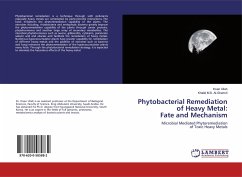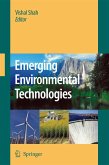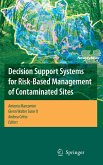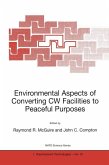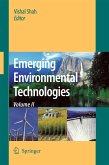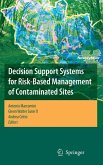Phytobacterial remediation is a technique through with pollutants especially heavy metals are remediated by plant-microbe interactions. The book enlightens the phytoremediation capability of the plants. The microbes including, rhizobacteria and endophytic bacteria greatly improve the phytoremediation capability of the plants through career proteins, phytohormones and another large array of secondary metabolites. The microbial phytohormones such as auxins, gibberellin, cytokinin, jasmonate salicylic acid and abscisic acid facilitate the remediation of heavy metals. Numerous hyperaccumulator plants have greater capability for remediation of different heavy metals and the addition of microbes such as bacteria and fungi enhances the phytoremediation of the hyperaccumulator plants many folds. Through the phytobacterial remediation strategy, it is expected to minimize the hazardous effects of the heavy metal.
Bitte wählen Sie Ihr Anliegen aus.
Rechnungen
Retourenschein anfordern
Bestellstatus
Storno

